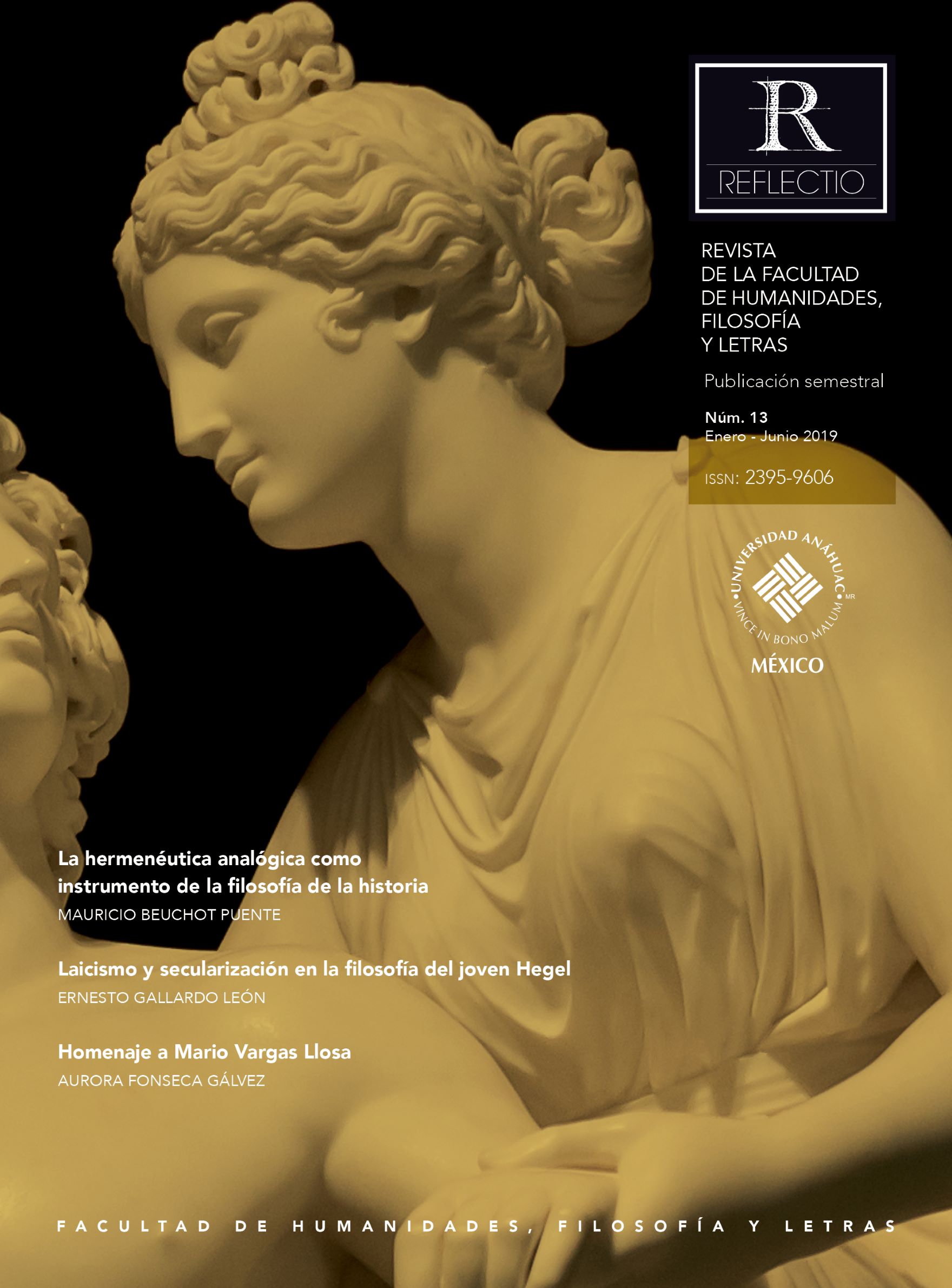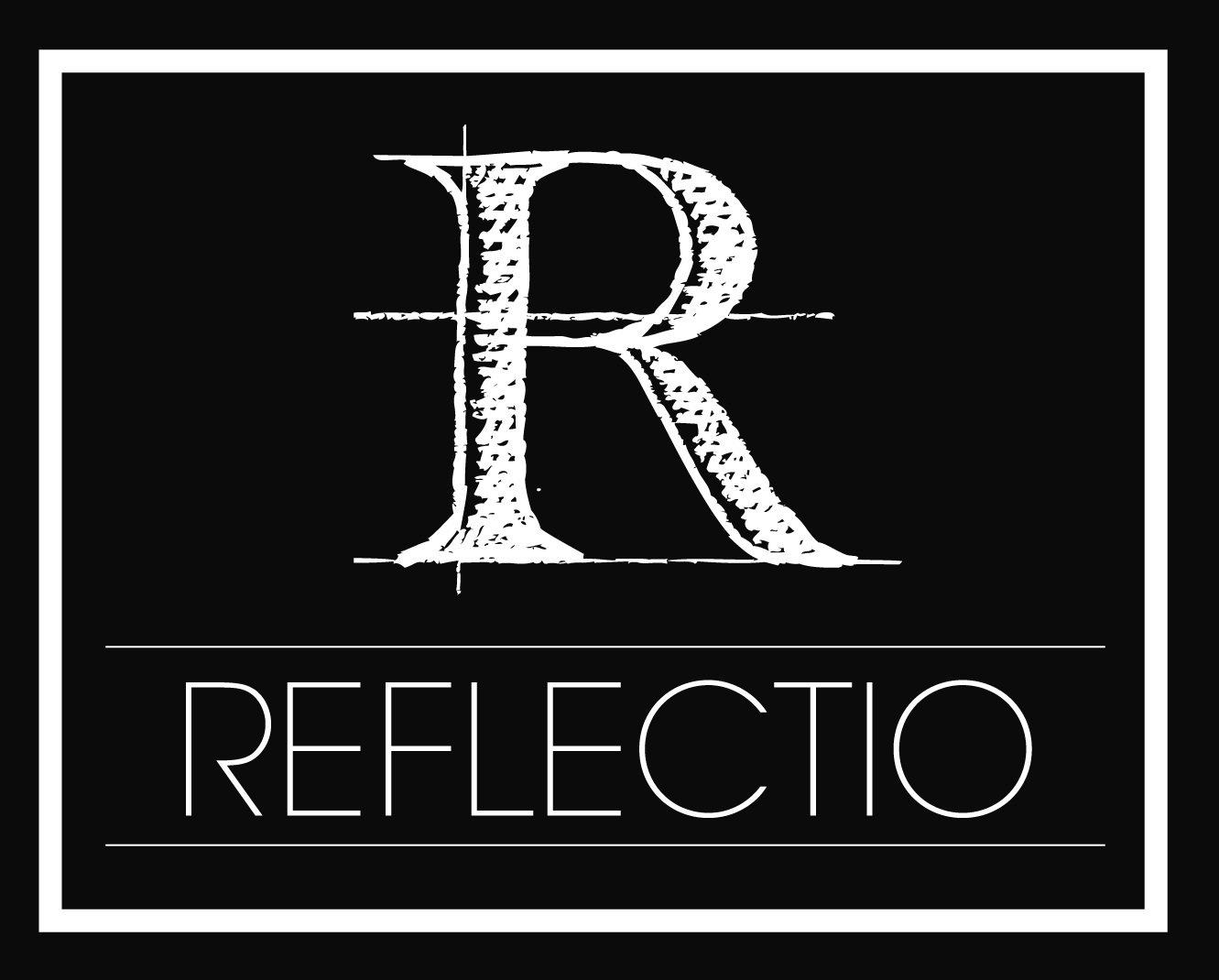Secularism and secularization in the philosophy of young Hegel
DOI:
https://doi.org/10.36105/rflt.2019n13.02Keywords:
hegel, laicism, secularization, state, politics, religionAbstract
The essay exposes the differences that young Hegel makes between laicism and secularization, especially in the text of The positivity of the Christian Religion, written in the period in which Hegel lived in Bern. The two concepts allow understanding the current phenomena of religion and politics, especially in the thinning of the political project of the Nation State and the complex network of problems we face in the secularization of nature and God.
References
Díaz Pardo, Christian. González: falsos profetas. México: IMCINE, 2015.
Dri, Ruben. Revolución burguesa y nueva racionalidad: sociedad burguesa y razón en el joven Hegel.Buenos Aires: Biblos, 1994.
Hegel, G. W. F. Escritos de juventud. México: Fondo de Cultura Económica, 1984.
Lukács, Georg. El joven Hegel y los problemas de la sociedad capitalista. Barcelona: Grijalbo, 1970.
Weber, Max. Ensayos sobre sociología de la religión I. Madrid: Taurus, 1998.
Zambrano, María. El hombre y lo divino. México: Fondo de Cultura Económica, 2002.
Downloads
Published
Issue
Section
License

This work is licensed under a Creative Commons Attribution-NonCommercial-NoDerivatives 4.0 International License.
Reflectio is distributed under a Creative Commons License Atribución-NoComercial-CompartirIgual 4.0 Internacional.
The author keeps the property rights with no restriction whatsoever and guarantees the magazine the right to be the first publication of the work. The author is free to deposit the published version in any other medium, such as an institutional archive or on his own website.















